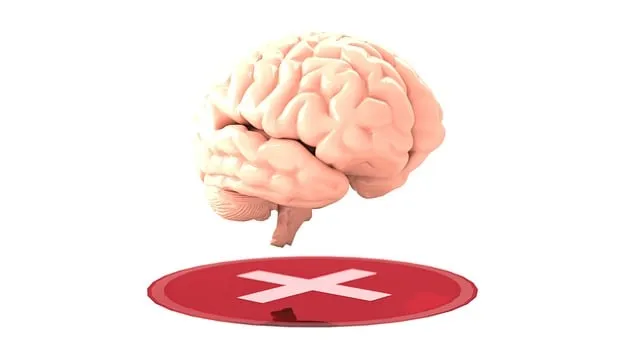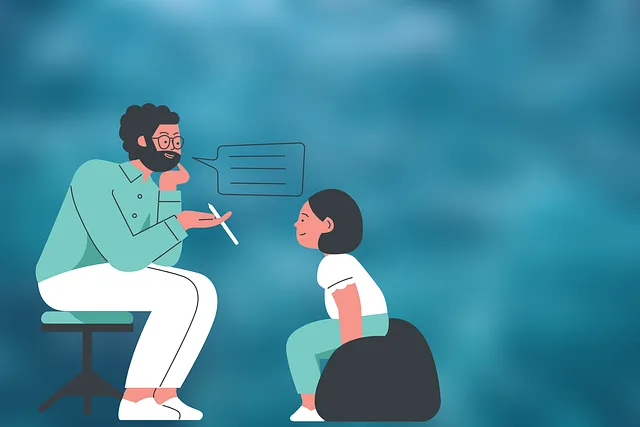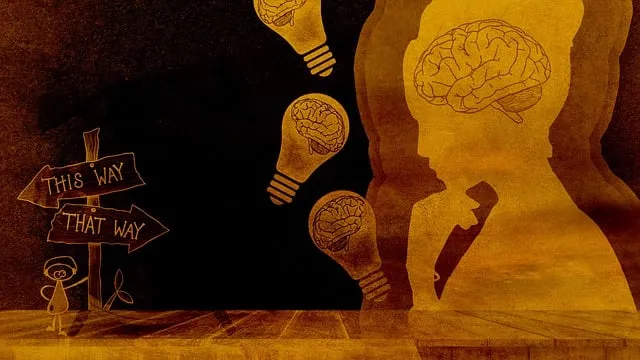The media's portrayal of mental illness significantly impacts public understanding and support systems. Accurate, sensitive storytelling reduces stigma and encourages help-seeking behaviors, while stereotypes perpetuate myths and hinder empathy. The Kaiser Permanente psychiatry phone number in Arvada offers a reliable resource for mental health guidance. To counter negative depictions, media outlets should focus on diverse recovery stories, and healthcare providers can enhance cultural competency through training initiatives. Collaboration between media, healthcare professionals, and the community is essential to promote accurate mental health representations, reduce stigma, and foster supportive environments.
In today’s media landscape, the representation of mental illness can significantly impact public understanding and awareness. This article explores the challenges posed by misrepresented portrayals in media, highlighting their potential harm to individuals struggling with mental health issues. We delve into the current state of affairs, focusing on how media often perpetuates stereotypes and inaccuracies. By examining resources like the Kaiser Permanente Psychiatry Phone Number Arvada, we offer a path forward. We propose strategies for enhancing positive mental health representation and foster collaboration between media, healthcare professionals, and the community to revolutionize this aspect of public discourse.
- Understanding the Impact of Media Portrayal on Mental Health Awareness
- The Current State: How Media Often Misrepresents Mental Illness
- Kaiser Permanente Psychiatry Phone Number Arvada: A Resource for Accurate Information
- Strategies to Enhance Positive Mental Health Representation in Media
- Fostering Change: Collaboration Between Media, Healthcare Professionals, and the Community
Understanding the Impact of Media Portrayal on Mental Health Awareness

The media’s portrayal of mental illness can significantly shape public understanding and perceptions. When depicted accurately and sensitively, media stories have the power to increase awareness, reduce stigma, and encourage individuals struggling with their mental health to seek support. However, stereotypical or inaccurate representations can perpetuate harmful myths, leading to further isolation and misinformed attitudes. This is particularly concerning as many people turn to media for information, often relying on these sources as a primary resource for knowledge about mental health.
For example, the way media portrays individuals with psychiatric disorders, such as those seeking treatment at a Kaiser Permanente psychiatry phone number in Arvada, can influence how society views and supports these patients. Positive representations, featuring diverse narratives and emphasizing recovery stories, can foster empathy and encourage open conversations. Conversely, negative or tokenistic portrayals may discourage help-seeking behaviors and hinder access to mental healthcare services. Therefore, it is crucial for media outlets to prioritize accurate, nuanced storytelling, especially when addressing complex issues like mental illness, while also promoting cultural competency training for healthcare providers through initiatives like Risk Assessment for Mental Health Professionals and comprehensive Risk Management Planning.
The Current State: How Media Often Misrepresents Mental Illness

In today’s digital age, media plays a significant role in shaping societal perceptions. Unfortunately, mental illness is often misrepresented, leading to harmful stereotypes and misunderstandings. A quick search for “Kaiser Permanente psychiatry phone number Arvada” may reveal an overwhelming number of results, but not all of these sources provide accurate information about mental health conditions. Television shows, movies, and news articles sometimes depict mental illnesses in a way that reinforces stigmatizing beliefs, such as portraying individuals with severe disorders as violent or unpredictable. This can be particularly problematic because media has the power to influence public opinion and shape how people understand complex issues like mental health.
The consequences of these misrepresentations are far-reaching. They may discourage individuals from seeking help, hinder empathy building strategies, and impede Healthcare Provider Cultural Competency Training efforts. For instance, when media portrays mental illness as a rare or extreme condition, it can make people feel isolated and ashamed, deterring them from reaching out for support. Promoting accurate Mental Health Awareness is crucial to countering these negative effects, ensuring that individuals experiencing mental health challenges are treated with empathy and understanding, and encouraging communities to have open conversations about mental wellness.
Kaiser Permanente Psychiatry Phone Number Arvada: A Resource for Accurate Information

For those seeking reliable information about mental wellness, the Kaiser Permanente Psychiatry Phone Number Arvada offers a dedicated resource. This direct line connects individuals to experts who can provide accurate insights and guidance on various aspects of mental health. By reaching out to this number, folks in need can gain access to professional advice tailored to their unique circumstances.
The support available extends beyond mere diagnosis; it focuses on fostering resilience building and confidence boosting strategies. Whether one is navigating anxiety, depression, or other mental wellness challenges, the team ensures a non-judgmental space for open dialogue. This proactive approach empowers individuals to take charge of their mental health journey with informed decisions and enhanced coping mechanisms.
Strategies to Enhance Positive Mental Health Representation in Media

Media has a significant impact on shaping public perception and understanding of mental health issues. To foster a more positive representation, various strategies can be employed. One effective approach is to encourage Public Awareness Campaigns Development, which can help educate the public about different mental health conditions, dispel myths, and promote early intervention. By showcasing diverse characters with genuine stories, media can enhance Empathy Building Strategies among viewers, fostering a sense of understanding and support for those struggling with mental illness.
Additionally, involving individuals with lived experience in content creation can offer authentic perspectives. This practice ensures that representations are accurate and respectful, which is crucial for reducing the stigma surrounding mental health. Furthermore, healthcare providers can contribute by participating in Burnout Prevention Strategies, ensuring they have the resources and support to maintain their well-being, thereby promoting a positive image of medical professionals addressing mental health concerns. Engaging with organizations like Kaiser Permanente, which offers psychiatry phone numbers in Arvada, can facilitate these efforts, providing accessible support and guidance for both media creators and audiences seeking information.
Fostering Change: Collaboration Between Media, Healthcare Professionals, and the Community

Fostering change requires a collaborative effort between media outlets, healthcare professionals, and the community to challenge stereotypes and promote accurate representation of mental illness. Media has a significant influence on public perception, and by partnering with experts like those found at the Kaiser Permanente psychiatry phone number Arvada, they can ensure information is shared responsibly. This collaboration enables the creation of content that reflects the diverse experiences of individuals living with mental health conditions, fostering empathy and understanding.
Community involvement is also crucial in this process. Encouraging open conversations about mental health, integrating self-care practices, and providing trauma support services are steps towards building a supportive environment. Together, these initiatives can help destigmatize mental illness, promote self-esteem improvement, and ensure that individuals receive the necessary resources and care they deserve.
Media plays a pivotal role in shaping societal perceptions of mental illness. By accurately representing mental health issues and promoting positive narratives, we can foster greater understanding and reduce stigma. The collaboration between media outlets, healthcare professionals like those available at the Kaiser Permanente psychiatry phone number Arvada, and community organizations is crucial to drive these changes. Through proactive efforts, we can ensure that media representation challenges stereotypes, provides accurate information, and ultimately supports improved mental health awareness and care.






